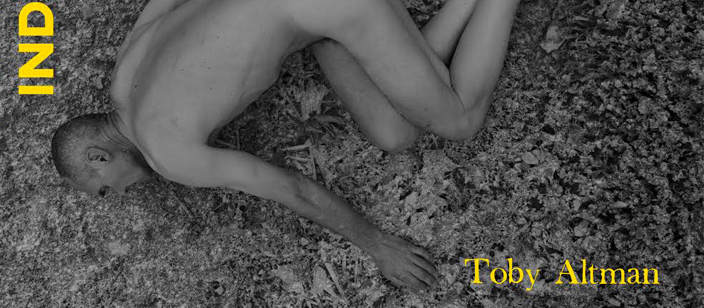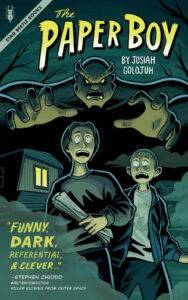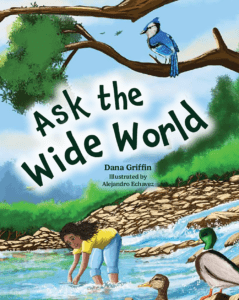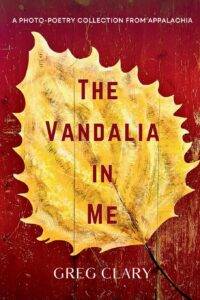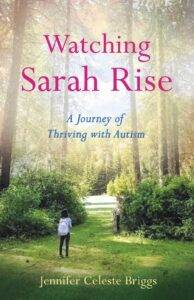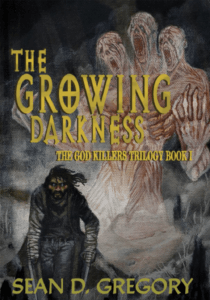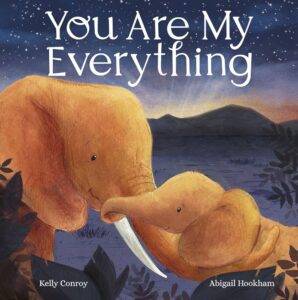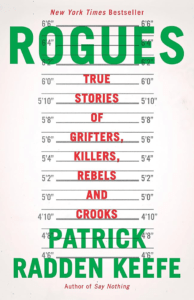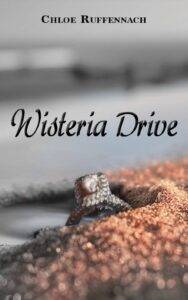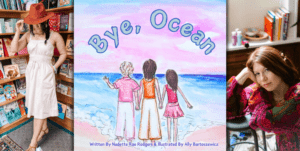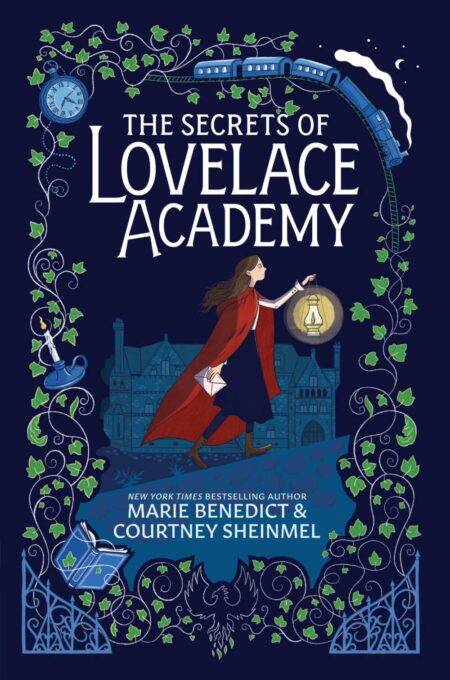Toby Altman‘s Arcadia, Indiana is a mutant tragedy, a five act-sonnet sequence, staged in the trash-choked landscape of pastoral fantasy. It plays with narrative, labor, sexuality, and form, starting with a murder in an Indiana steel factory and ending with the Sphinx refusing all of Oedipus’ solutions to her riddles. This play is a Renaissance tragedy in contemporary drag, destabilizing literary boundaries to develop a poetics of trash, in which the repressed and discarded parts of (literary) history return to strangle their point of origin.
Arcadia, Indiana is published by Pittsburgh’s Plays Inverse, “an independent publisher of dramatic literature, publishing plays and performance texts based on literary merit rather than production records from new, established, and cross-genre writers.”
Don’t miss out: Altman will be visiting White Whale Bookstore on May 24th (joined by Brian Broome, Dakota R. Garilli, and Candace Opper)!
“At times this work reads like a crucial report from the poisoned heart of America. At other times, it reads like an ecstatic source book for how to destroy/remake theater. “— Johannes Göransson, author of The Sugar Book
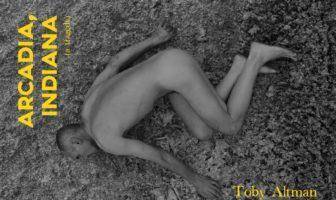 What comes to mind when you think of Pittsburgh?
What comes to mind when you think of Pittsburgh?
Ok so I’ve only been to Pittsburgh once and it was in the middle of the night; I was on a hallucinatory, multi-day amtrak trip, and I stumbled out into the city in desperate search for a slice of pizza. So for me, Pittsburgh is a city of metaphor and myth; a city of heroic labor struggle where pinkertons murder dirty-dancing union activists in the streets when they’re not dismantling steel plants and shipping them somewhere cheap and off the off-shore. Can I say (moment of solipsism) that my mutant tragedy—Arcadia, Indiana—takes place in just this mythical space of devastation (code name: America), that it is about nothing except the emptiness of factories and the toxicity of masculinity, the power of the landlord and the cleanly hands of the CEO. But as a little flower once said, “I didn’t come to praise the landlord, I came to bury him.”
 What books are on your nightstand?
What books are on your nightstand?
No exaggeration: I have a stack of books a foot and a half high on my nightstand right now. I have a problem when it comes to buying [books]I just shovel them into my mouth and they lie there unchewed and undigested for years while I slowly decay among them. So hi I’ll just mention the two most recent books I read: first, Emma Ramadan’s translation of Anne Garréta’s Not One Day. I mean, I adored the queer oulipian noir of Sphinx, Garréta’s first novel (also translated by Ramadan). It’s a love story but the gender of the lovers is never revealed, a feat of sheer linguistic acrobatics in French (and in English), and yet somehow also a deeply affecting book that plunges its readers into the dissolving substance of sexuality; this one too is an elegant and spare meditation on desire, gender, and memory. Can’t recommend her work highly enough. Second, Kim Hyesoon’s Poor Love Machine, just published last year in translation by Action Books (& translated by the unparalleled Don Mee Choi). It’s a book of such dense disgust and bodily slaver; its syntax is so tortured and bruised; it reads as a cry of protest broadcast through a vocoder: “I wake up and find / a gigantic tongue licking me / Look at the saliva dripping all over my body.”
Is there a book you’d like to see made into a film?
I’m going to nominate Daniel Borzutsky’s The Performance of Becoming Human—a brutal book about the everyday brutality of capitalism. Imagine an endless film in which endless rows of corpses buy stocks and bonds, accrue debt, give grades, are tortured by the police, cross borders illegally (and as they do so they die repeatedly of dehydration and their bodies are lost in the desert), are thrown out of airplanes by the military regime, all of it rendered in clinical detail. Donald Trump, six months dead, makes a cameo flanked by a pair of deceased playboy bunnies and breaks a bottle of champagne over the bow of a hearse. The soundtrack is the low hum of a diesel engine as it pumps out particulates into the lungs of corpses who live in high-rise condos along the arteries of international trade. How blue their bodies have become. Did I say “their”? I meant “ours.”
Who would you most want to share a plate of pierogies with?
I really don’t have an answer for this question but as I was googling around trying to come up with something clever I found this Shutterstock page and I’d gladly spend some time there with you: https://www.shutterstock.com/video/search/perogies/


